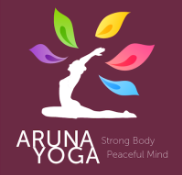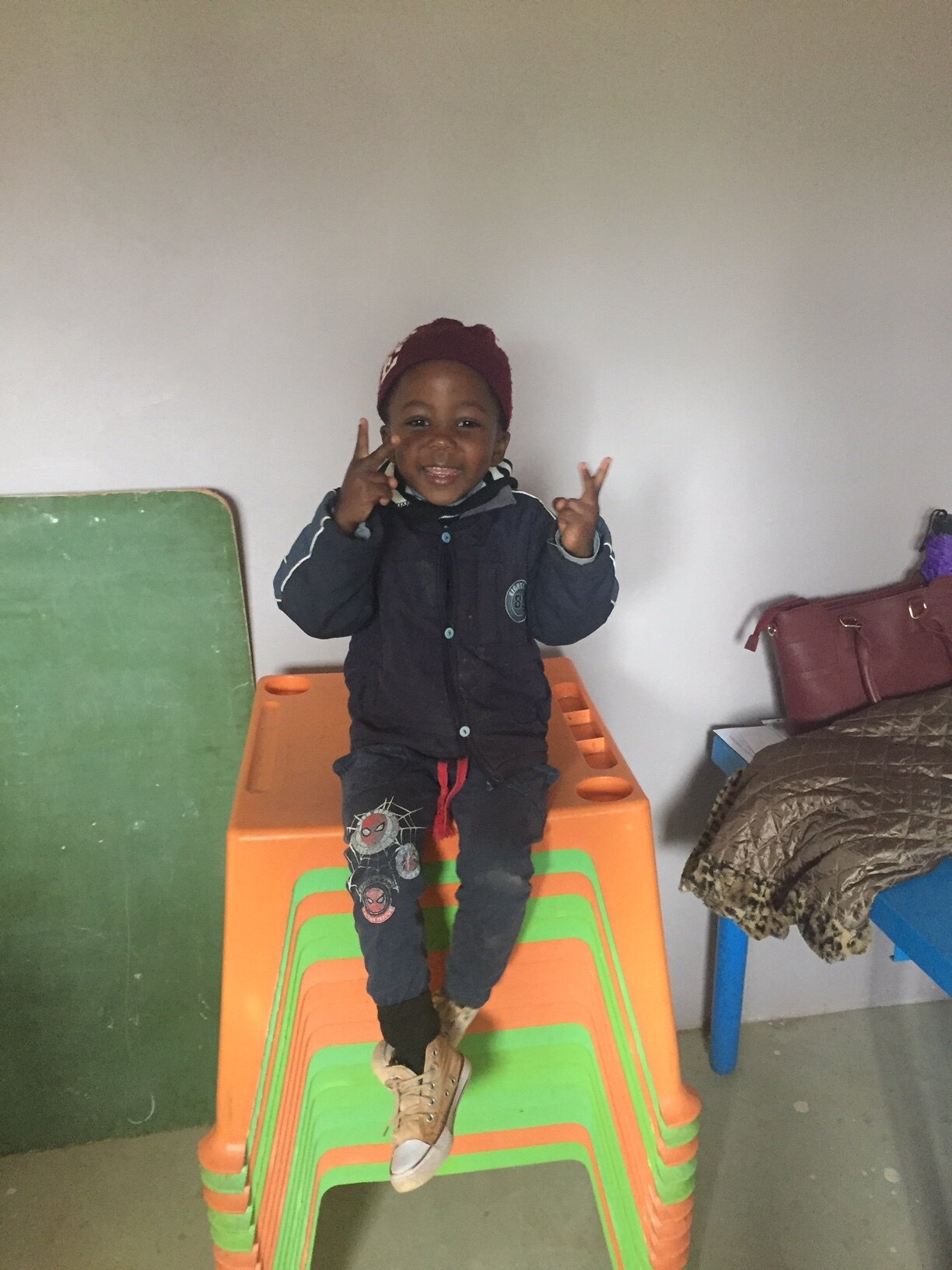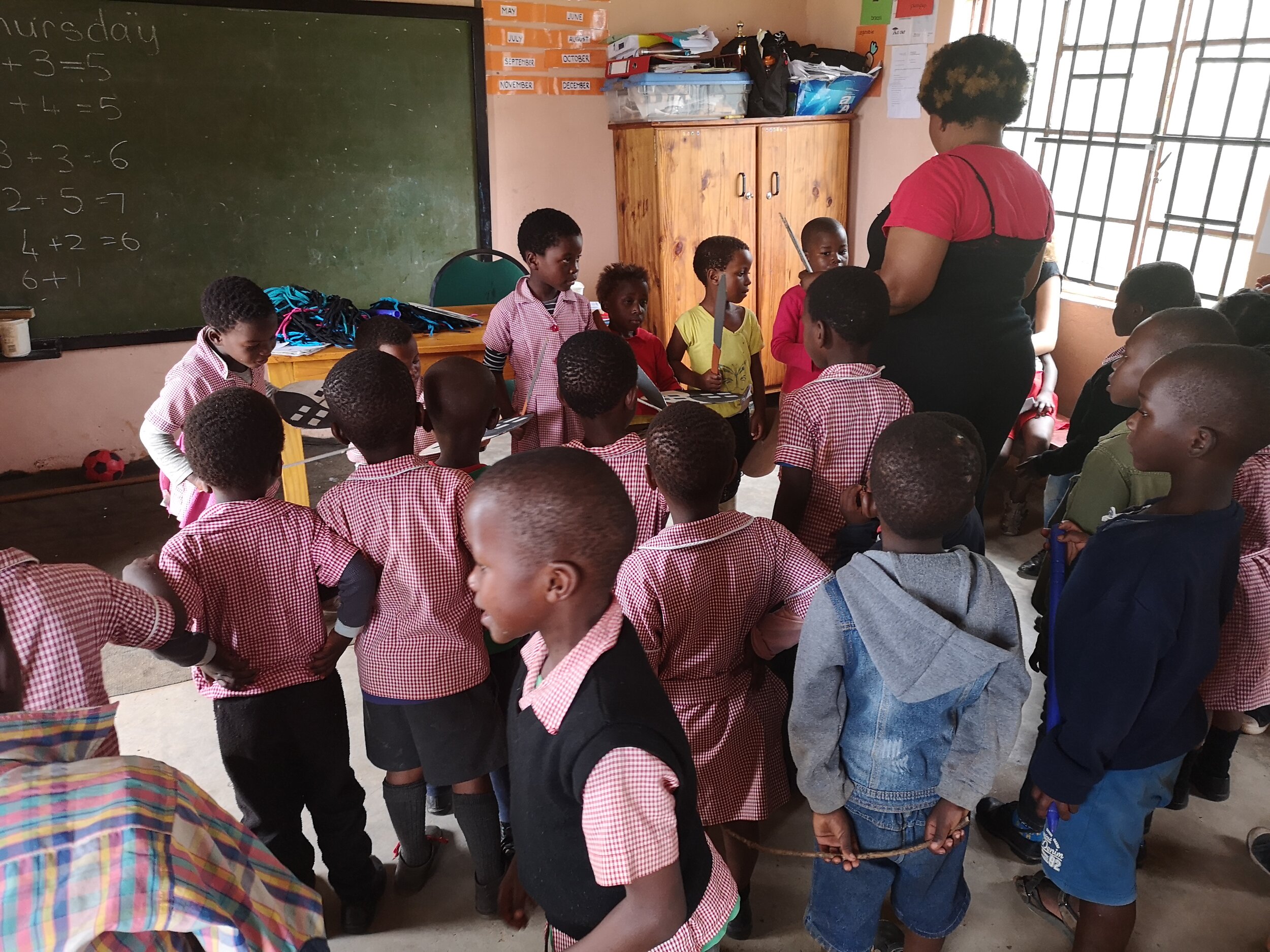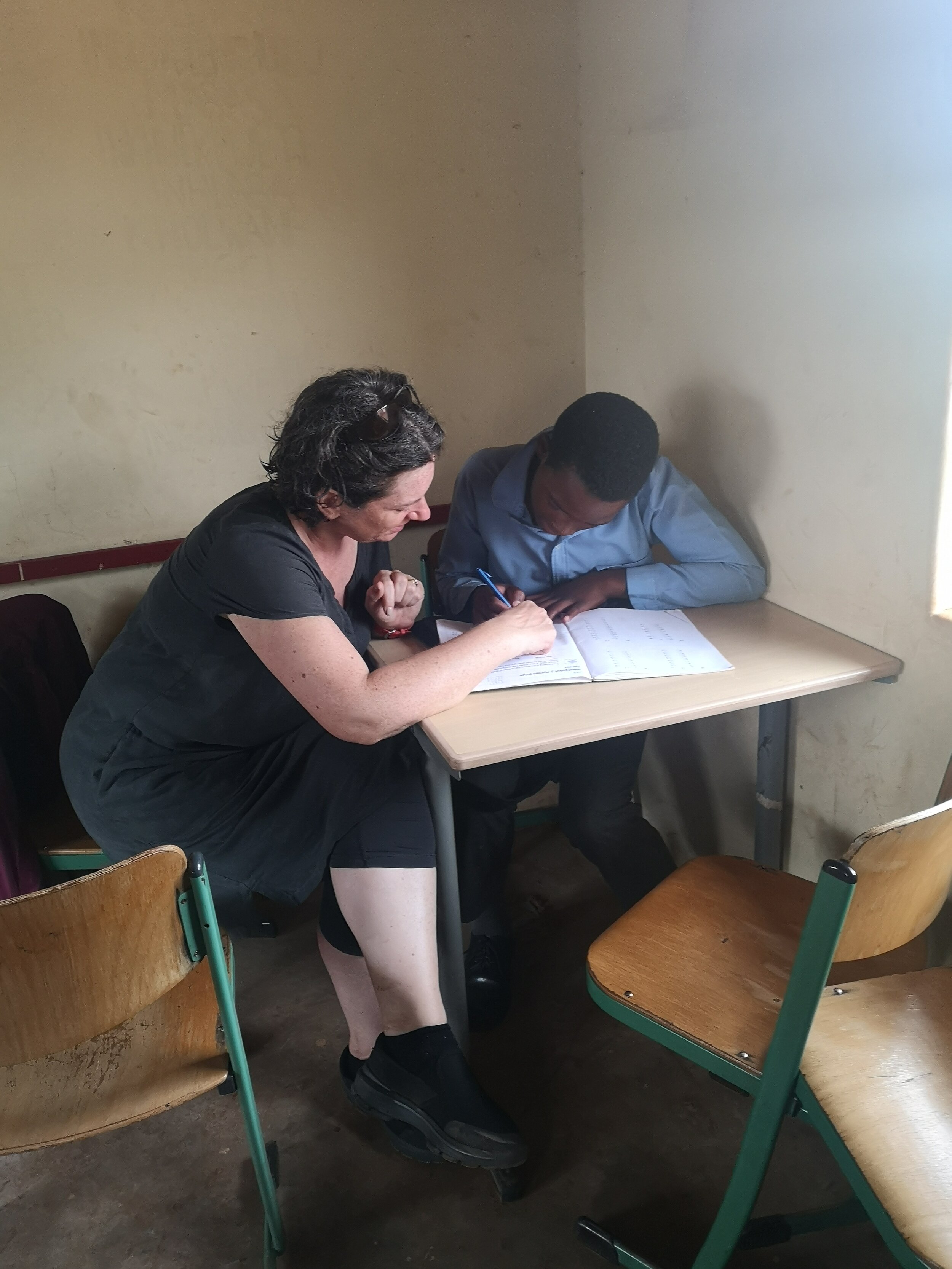What it means to be an orphan in Swaziland
I’ve just arrived back from a month in Swaziland and thought I’d write and tell you a little about my experience.
Before I went I knew I was going to work with vulnerable children but I had no idea what that really meant or if our presence would have any impact.
This is Busiswa, one of the lovely children at the school
.Having some fun on the monkey bars.
Orphans in Swaziland are taken in by extended family members, and if there are no extended family members still living, a family from the community with the same surname will take care of them.
We were working with orphaned children however there are no orphanages in Swaziland. In Swaziland an orphan is someone who has lost one or both parents, this is commonly due to HIV/AIDS. In the case that they have lost both parents they will either be taken in by extended family such as an aunt or uncle or taken in by someone who has the same surname, in Swaziland many families have the same surname as they descend from each other. Families are often very large. When a family takes in an extra child they do not receive any support so it puts extra strain on an already stretched family. Many families are trying to survive on less then $1 a day. In the rural areas subsistence farming is still the norm.
When I first arrived I thought it was a good there were no orphanages, based on images and reports of institutionalised orphanages I had seen in the past. Now after seeing the care and love the families give these vulnerable children I still think it’s a good, however the communities need support to be able to care for these children.
All Out Africa create Neighbourhood Care Points which Combine feeding the children with education.
The UN initiated Neighbourhood Care Points to provide these children with two meals per day. The organisation we worked with has adapted this model to also include pre-school education.
Free primary education was introduced into Swaziland in 2010, supported by international governments and aid agencies. Now that it is free, thankfully, most children look to avail of a primary education. However the infrastructure has not kept pace with the demand. To cope with this, children are required to have basic English in order to be accepted into primary school (all education takes place in English). They also need to know things such as how to introduce themselves, write their name, also to know numbers, letters, colours and shapes. This means most people will send their children to private preschools. However the families who care for these venerable children often have difficulty feeding and clothing the children, never mind paying for preschool. And with out preschool they would not be accepted into primary school. So without this community based intervention , supported by international (English speaking) volunteers, these children would not be able to get an education, and would not have the means to get out of the poverty trap.
As Primary and Secondary school education is through English it is important for them to have the basics of English early on in their life.
This is where having exposure to native English speakers such as volunteers is very helpful. Secondary school education however is not free. Not everyone will be able to afford secondary education. There are some grants from the government but not enough for everyone. This is where the homework Club is very helpful, the homework club provides extra help for those struggling a little in school by helping them with their homework but also working one - on - one with them on things they struggle with the most, it allows them to learn at their own pace and really get a good understanding of the fundamentals before the more difficult stuff in Secondary school.
ALL OUT AFRICA, (organisation we worked with) works with the communities to provide food and education for these vulnerable children at pre-school and primary school level.







